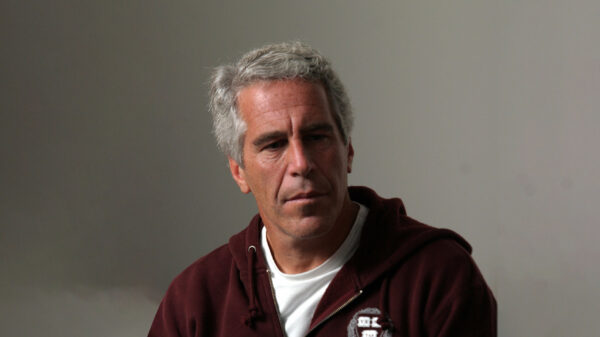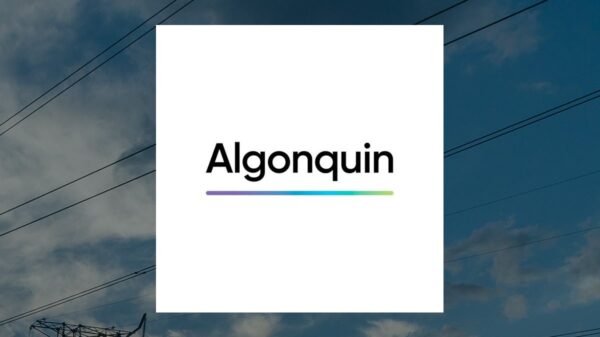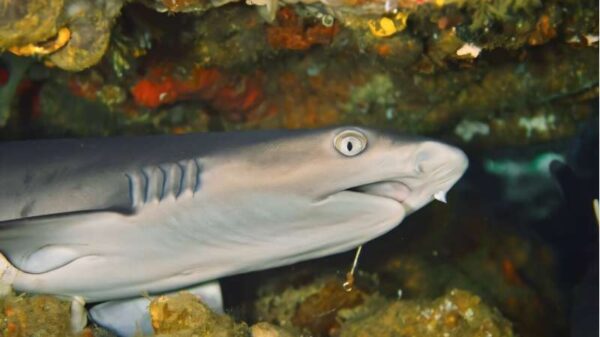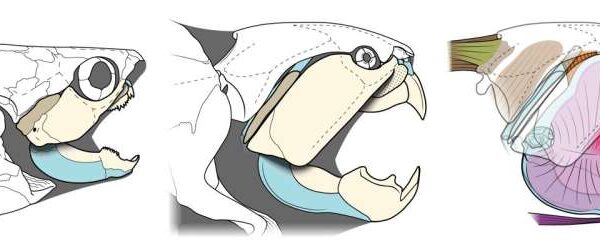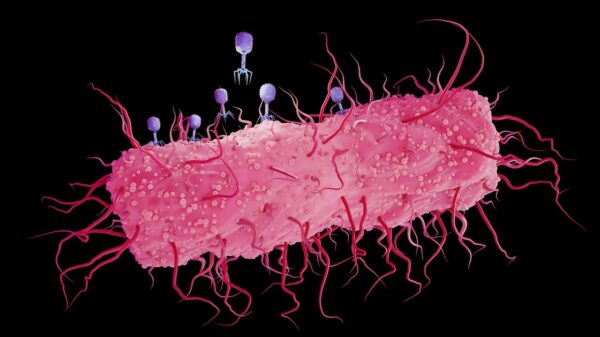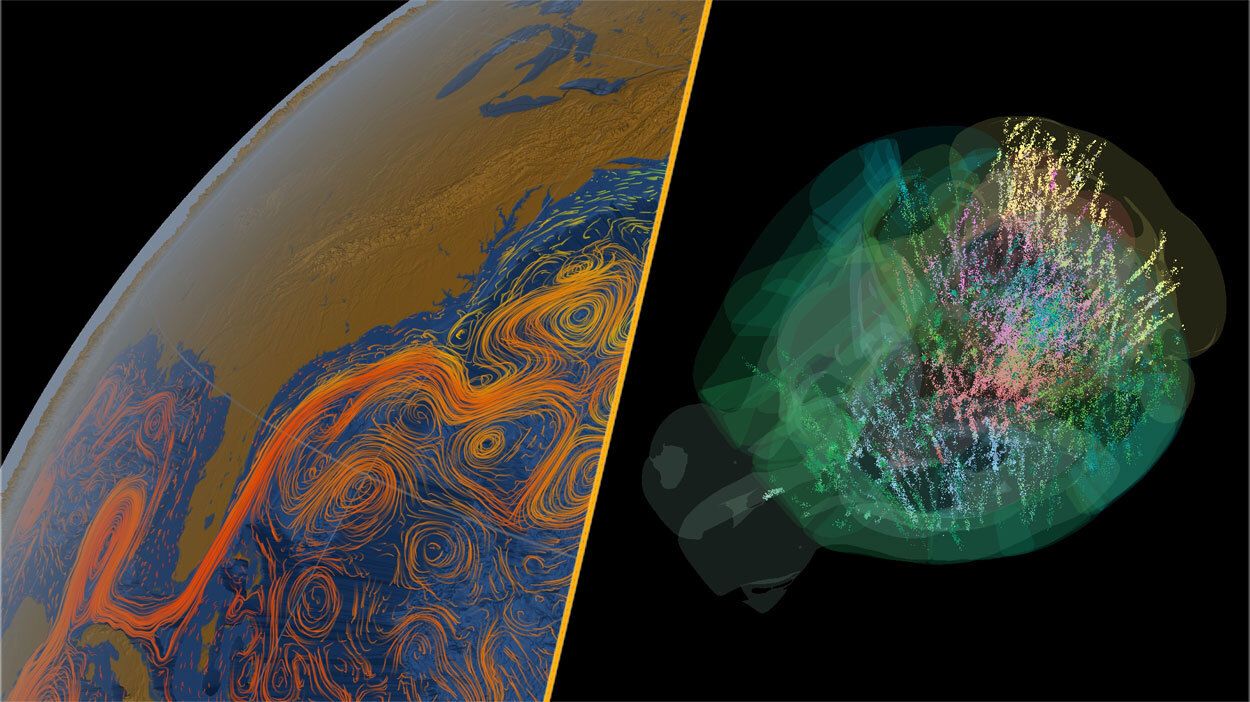BREAKING: A groundbreaking study warns that the vital Atlantic Meridional Overturning Circulation (AMOC), which includes the Gulf Stream, could face an irreversible collapse by the 2060s. This alarming prediction comes from an extensive analysis of 25 climate models, emphasizing the urgent need for action against climate change. Scientists are calling this a “serious climate wake-up call,” as the AMOC significantly influences global weather patterns.
In related news, the world is witnessing the dramatic breakup of A23a, the largest iceberg previously recorded, near South Georgia Island. This event underscores the rapid changes occurring in our warming world and highlights the potential for further disruptions in marine ecosystems.
Meanwhile, researchers have achieved a remarkable milestone by mapping over 600,000 mouse brain cells—approximately 95% of the rodent’s brain. This unprecedented research challenges existing theories on decision-making, revealing that brain activity is far more interconnected than previously thought. Scientists are now poised to explore whether these findings can reshape our understanding of brain functions in mammals.
On the technology front, a disturbing study has raised serious concerns about the suicide prevention capabilities of AI chatbots, including ChatGPT and Google’s Gemini. The study indicates that these chatbots provided direct answers to high-risk questions 78% of the time, prompting further scrutiny into how these tools impact mental health support, especially among vulnerable users.
In other significant developments, the James Webb Space Telescope continues its search for life beyond our solar system, focusing on the distant planet K2-18b. Scientists are investigating whether the planet’s atmospheric characteristics suggest biological processes, with some claiming it could emit odors reminiscent of sweet cabbage.
This week’s science news reflects urgent realities, from climate shifts and advances in neuroscience to the implications of AI in mental health. The latest findings are critical not only for scientific progress but for addressing pressing global challenges.
Stay tuned for further updates on these developing stories.









